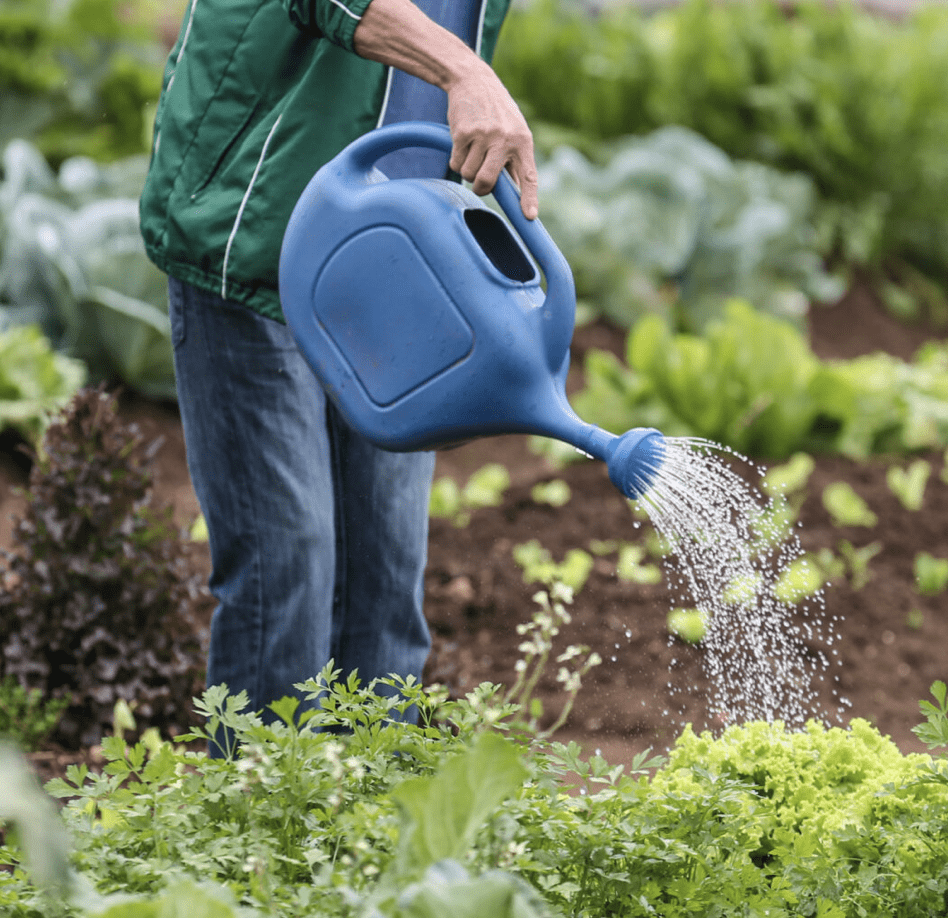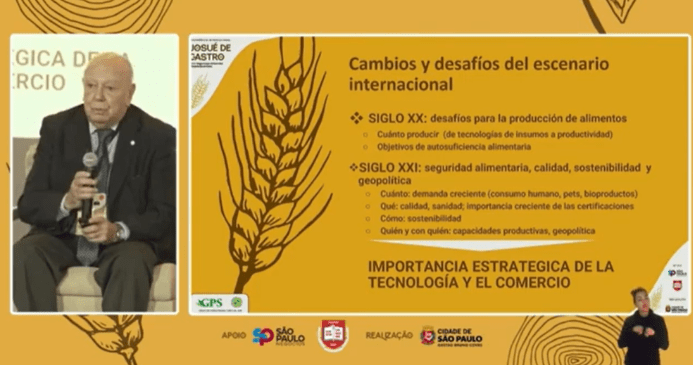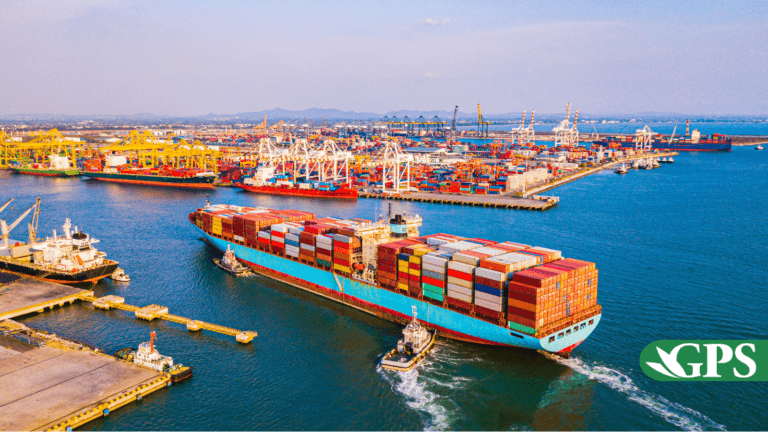Succeso No Campo, 22 de agosto de 2022.
Together, the countries of the Americas are strong in global geopolitics, as Latin America plays a key role in ensuring global security, since nations have water, climate and a renewable energy matrix. However, the region must actively participate in the formation of global metrics, highlighting the difference between production in temperate and tropical regions. The assessment was made by Ingo Plöger, president of CEAL Cap. Brazil, made at the opening of the Dialogue of Leaders: The new strategy of the Americas and its political alliances. Energy, Food and Sustainability Security, promoted by the Latin American Business Council (CEAL).
The president of ABAG – Brazilian Agribusiness Association, Luiz Carlos Corrêa Carvalho, believes that the metrics are relevant for production chains and the carbon footprint is relevant for Latin America. “Therefore, this regulation, certification, traceability information are narratives that should stimulate the productivity and efficiency of agribusiness in Brazil and the Americas”, he said.
Eduardo Serantes, president of GPS (Grupo de Productores del Sur), the European Union has led the issue of sustainability, putting metrics for the world. “We have to intervene because we are sustainable, we have certificates and processes for the development of an important bioeconomy for the world”, he pointed out.
For Alida Bellanti, vice president of CEAL Cap. Brazil, sustainability has been a driving magnet in global negotiations and investments. Therefore, she commented that it is always important to remember that the region has important environmental assets and is the largest hub of circular bioeconomy, which provides global bargaining power.
According to Carvalho, the competitive capacity of Latin American countries is special. In Brazil, for example, there is a specific policy for biofuels, Renovabio, which was developed with the integration of the private sector and the public power, with goals for ten years, with annual analyses. “Producers receive incentives when they get a steady reduction in carbon equivalent emissions,” he added.
This integration, in the analysis of ABAG's president, is fundamental. “We are starting the creation of a global carbon market and this will not be possible without this relationship between the public and the private”, he pointed out. In his view, there is also a need to continue with the technological development in agribusiness in the region and to continue adopting systems that integrate crops, such as the ILPF (Crop-Livestock-Forest Integration), which contribute to producing more, with reduced of the carbon footprint. “There is a land-saving effect, that is, more agricultural products planted and harvested, in a smaller area, with lower emissions”.
During the event, Maria Gloria Alarcon, president of CEAL Cap. Ecuador, pointed out the social, political and economic challenges of the region and pondered on the relevance of promoting regional and national debates on the main issues being posed in global trade. In his view, private initiative is essential to pressure the government to create public policies aimed at energy security, food security, reduction of the impacts of climate change, as well as more general topics, such as better education, more public security and better infrastructure.
At the end of the Dialogue of Leaders, Plöger also highlighted the actions being taken by CEAL for integration among the countries of the Americas and stressed that it is very important to see this movement of a united America. “It is necessary to seek more this understanding of integration”, he concluded. The event was mediated by Christian Lohbauer, president of CropLife Brazil.



